Iran-Saudi détente fatal blow to US-Israel plot to antagonize Tehran in region: Islamic Jihad envoy
The Palestinian Islamic Jihad resistance movement’s envoy to Tehran says the recent reconciliation agreement between Iran and Saudi Arabia came as a “major shock” to Israel, at a time the occupying regime is entangled in a "bipolar state."
Nasser Abu-Sharif made the remarks on Saturday during a ceremony at the University of Tehran marking International Quds Day.
“We are now witnessing real developments in the world, which will have positive effects on the movement supporting Palestine. The rise of powers like China and Russia can benefit Palestine. Regional developments, such as the Iran-Saudi deal, gave a major shock to the Zionist regime. Of course, it (the agreement) dealt a fatal blow to the Zionist-American plot meant to turn the Islamic Republic into a single enemy of the region,” he said.
The Tehran-Riyadh agreement can have special effects on the region, spanning from Yemen to Palestine, Abu-Sharif said, citing Syria’s possible return to the Arab fold and the political resolution of the country’s problems as among the deal’s impacts.
On March 10, after several days of intensive negotiations hosted by China, Iran and Saudi Arabia agreed to resume their diplomatic relations and reopen their embassies and diplomatic missions after seven years of estrangement.
In a joint statement after signing the agreement, Tehran and Riyadh highlighted the need to respect each others’ national sovereignty and refrain from interfering in the internal affairs of one another.
They agreed to implement a security cooperation agreement signed in April 2001 and another accord reached in May 1998 to boost economic, commercial, investment, technical, scientific, cultural, sports, and youth affairs cooperation.
Also in his remarks, the Islamic Jihad official emphasized that the existence of the evil Zionist regime is harmful to the entire region and that fighting against the usurping entity is in line with the interests of all Muslim nations.
The Zionist regime, he added, is caught in a crisis amid a “severe bipolar state.”
Israel is in the grip of one of the most serious internal crises in its history with the people divided on prime minister Benjamin Netanyahu’s now-delayed so-called plans to overhaul the judicial system.

France detains Iranian journalist amid crackdown on pro-Palestinian voices
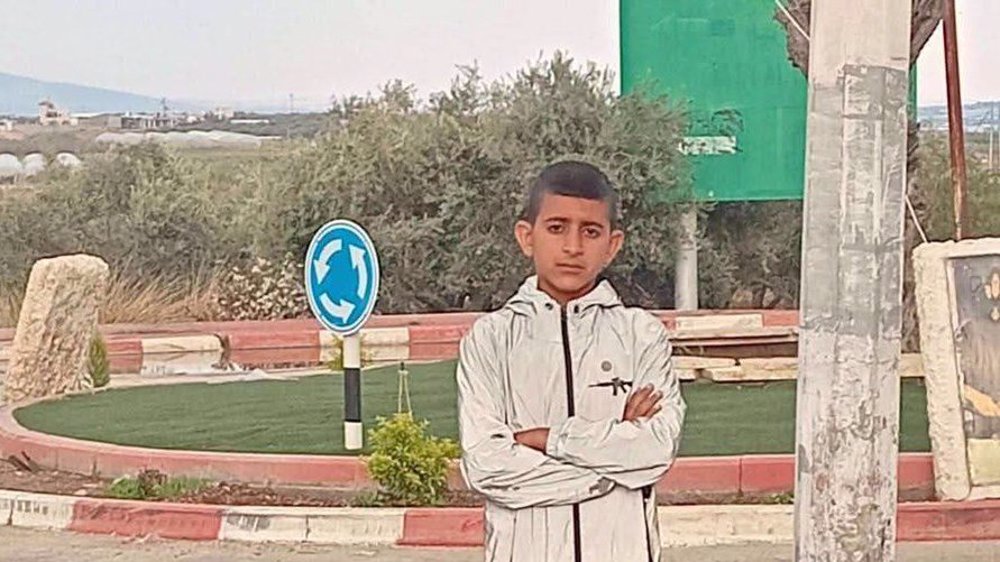
Israeli forces murder minor, critically injure young Palestinian during West Bank raids

Tahrir Hospital director: Gaza children at most severe stage of malnutrition
VIDEO | Gaza’s dire conditions hit unprecedented levels
VIDEO | Press TV's news headlines
VIDEO | Pakistan’s business and cultural front unites for Gaza: Nationwide shutdown, boycott announced
US jets carry out more aggression against Yemen
Syrian militants enslaving Alawite women in Idlib governorate: Report
VIDEO | US pro-Palestinian campus protest
VIDEO | Palestinian civil defense rejects Israel’s probe and exposes the crime
India downgrades ties with Pakistan after deadly Kashmir attack


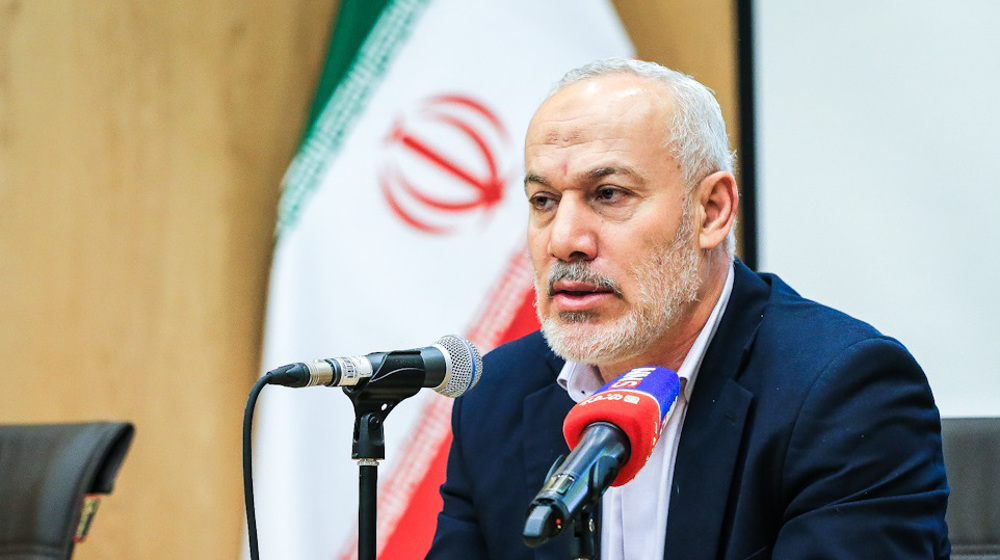
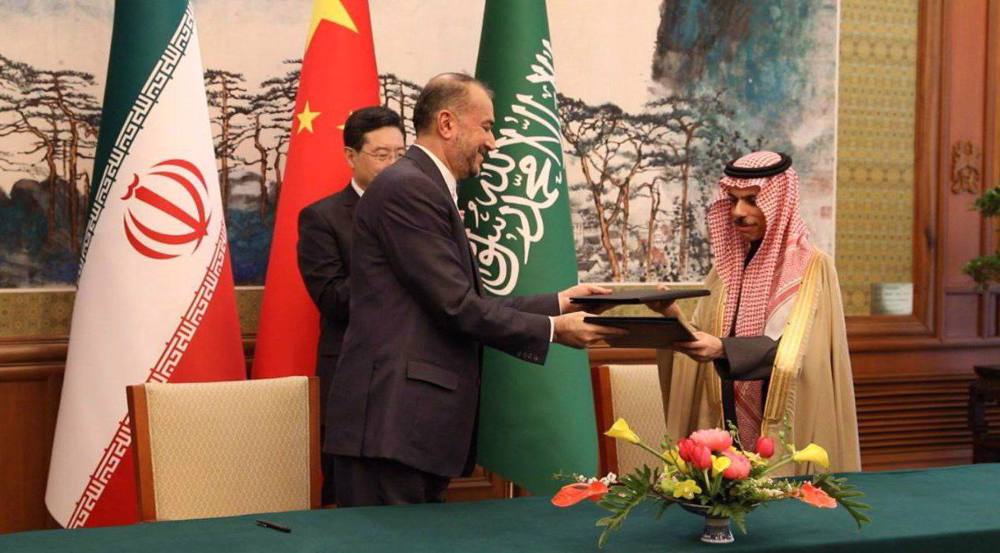



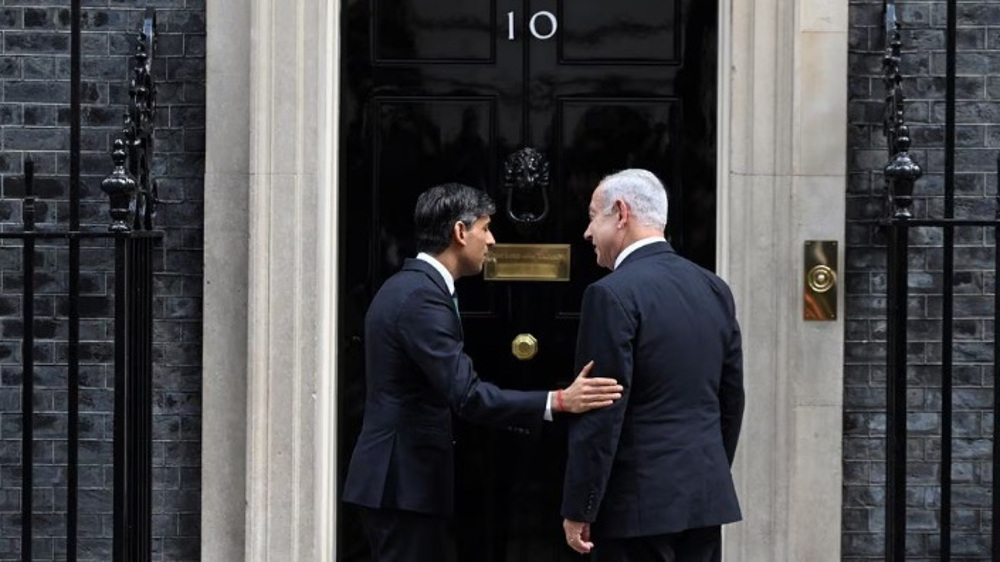
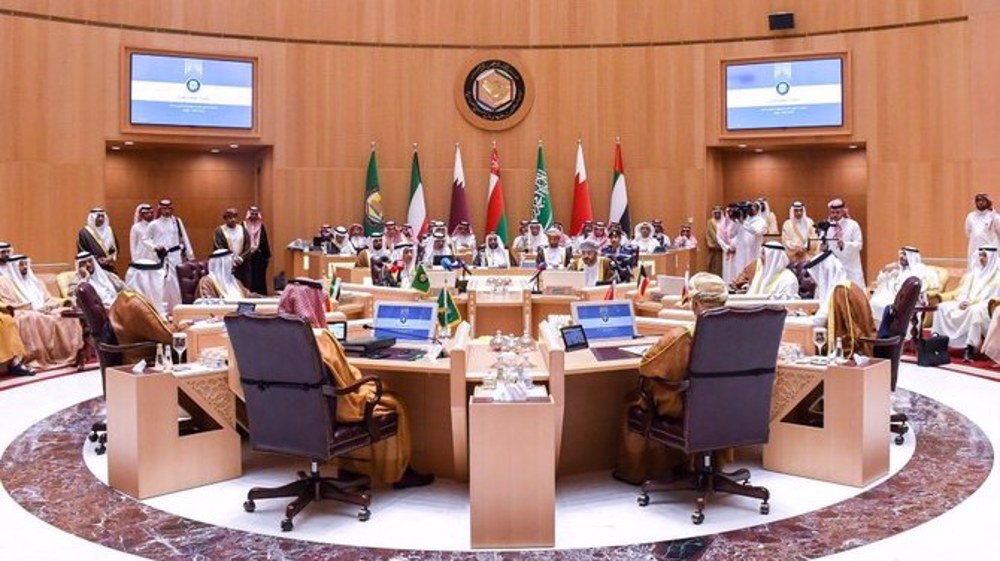
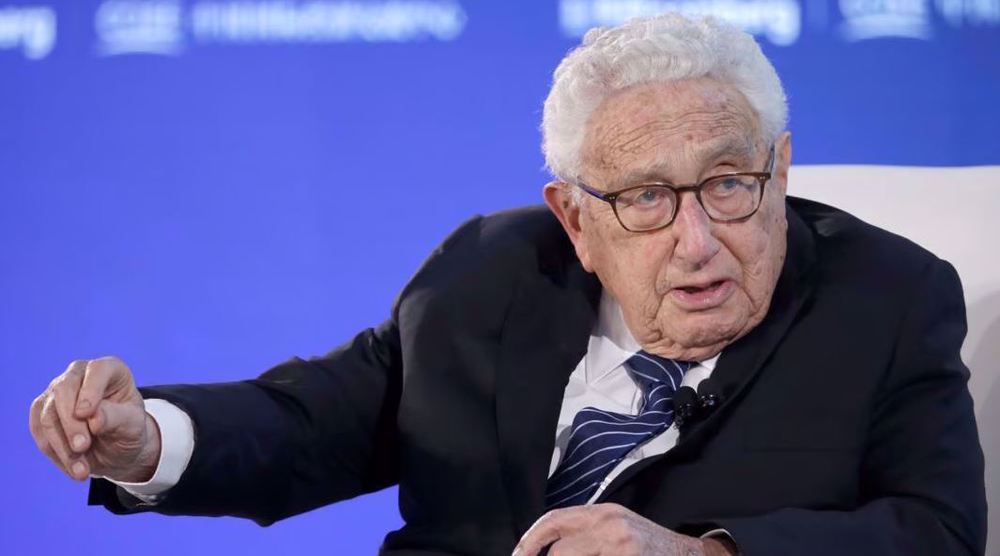
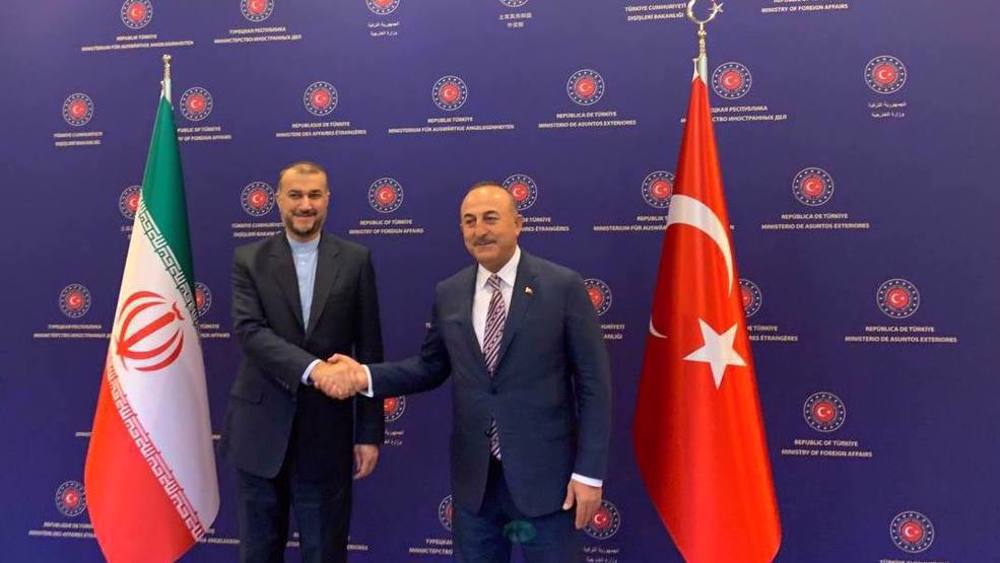
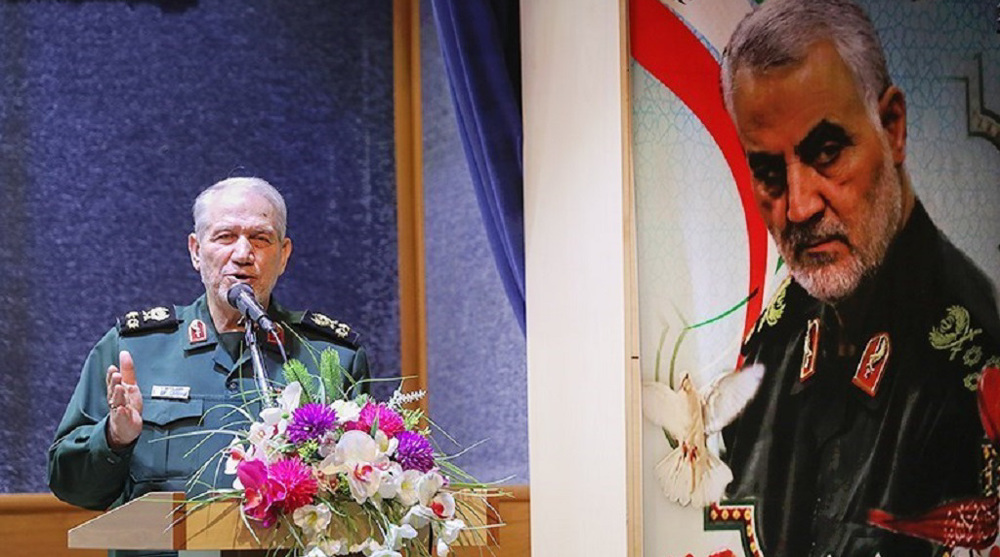

 This makes it easy to access the Press TV website
This makes it easy to access the Press TV website